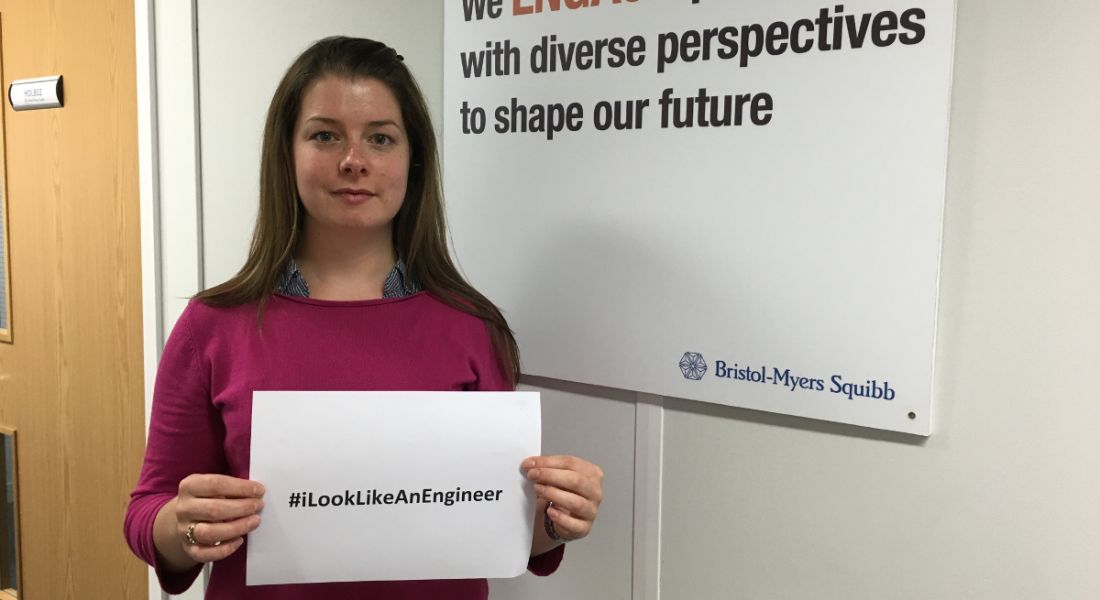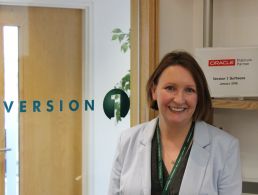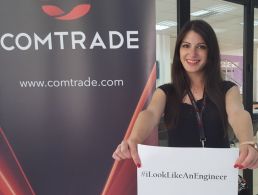Sci-tech has a diversity problem. That’s indisputable. While many companies are making massive strides towards fully representative workforces, women and people of colour remain woefully under-represented in the sector.
Last summer, San Francisco-based engineer Isis Anchalee launched globally-trending hashtag #iLookLikeAnEngineer. She did this after receiving doubt-fuelled backlash for appearing in an ad for the company at which she worked, with some commenters claiming she was ‘too pretty to be an engineer’. As if there is a certain way to look or be in order to become an engineer.
We spoke to Méabh Doyle, a cell culture process engineer at Bristol-Myers Squibb (BMS), to find out what it’s like to be a woman in a typically male-dominated industry.
What made you want to get into engineering?
A female engineer working in industry visited my school and introduced the idea of a career in engineering. Until then, I was considering studying science and I didn’t know much about engineering. I began to research the idea and I was given the opportunity to meet with a senior lecturer in the UCD School of Chemical and Bioprocess Engineering to discuss this career path.
With the information I discovered about engineering, coupled with an interest and aptitude for maths, chemistry and physics, I knew that engineering was the right choice for me.
Are people surprised when you tell them what you do for a living?
Most people are initially surprised and then impressed. I was once asked, “Are you sure?” by someone when I told them my position!
But most of the responses are positive.
How does it feel to be working in an industry where you’re in the minority?
Most of the time I don’t feel like I’m in the minority as I’m surrounded by like-minded individuals and we all work together as a team.
What needs to happen to make engineering more attractive to a broader variety of people?
Professionals working in industry should visit schools to encourage students to consider a career in engineering. This would show students that all kinds of people – regardless of gender, background or nationality – can build successful, rewarding careers in engineering, and help break down stereotypes.
What advice would you give to others who don’t fit the engineer stereotype, but want to pursue engineering as a career?
Do your research by attending university open days and find out as much information as possible about the various engineering disciplines, speak to people working in industry about engineering careers and, above all, believe in yourself!
Looking for jobs in tech or science? Check out our Employer Profiles for information on companies hiring right now.




